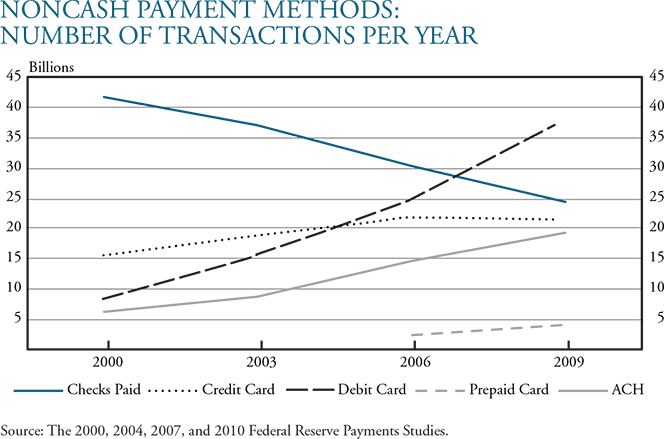Sprint to Help Push AmEx’s Mobile Payments Platform

American Express has signed up Sprint to help market Serve, AmEx’s mobile payments platform, we learn from a press release. I wrote about Serve right after it launched in March of this year and expressed a not-too-favorable opinion of it. My view has not changed, but now that Sprint has joined in, I’d like to say a few words about the carrier’s own mobile payments strategy and what I think it should be.
What Does Serve Do?
Firstly, though, let’s briefly overview what Serve does. In essence, Serve is a PayPal clone. Once you open up a Serve account, you can link it to a credit or debit card or a bank account. Then you can exchange money transfers with other Serve account holders and make payments at merchants that accept American Express, as well as withdraw funds from ATMs with your Serve prepaid card.
AmEx actually acknowledges that Serve does exactly what PayPal does by comparing the two services on its website. I did a slightly more detailed comparison between the two services than what AmEx has done, but the bottom line is that the two are practically indistinguishable.
My main issue with Serve is not that it is so much PayPal-like. We do need competition and PayPal has been unchallenged for way too long. But that’s exactly what’s so irksome here. AmEx has only launched Serve when mobile payments became the rage and everyone was suddenly scrambling to come up with something that somehow mixed mobile with payments. This doesn’t strike me as a particularly smart way to build a business strategy and surely Serve proves that it isn’t. After all, there is absolutely nothing novel about it.
What about Sprint?
OK, now to the main point of this post. Sprint had long been seen as lagging behind its rivals in coming up with a mobile payments strategy. AT&T, T-Mobile and Verizon had joined forces to launch Isis, a hugely ambitious start-up, to much fanfare last year, until the latter suddenly and steeply scaled back its initially announced ambitions of creating a nationwide mobile commerce platform to merely providing a mobile wallet service.
As it happens, Sprint had been working on a mobile wallet of its own for some time and was now looking ahead of the curve, compared to its rivals. Moreover, a mobile wallet can potentially be a much more consumer-friendly service than the closed platform Isis was supposed to create. Let me explain.
Mobile wallets allow consumers to link existing payment accounts to their phones and using them for making payments through NFC or another technology. There are two ways such a service can be set-up. One option would be for the provider to restrict users to linking their accounts to certain payment types. The other would pose no such restrictions. Needless to say, the latter alternative is much more beneficial to consumers. I wouldn’t want my carrier to decide for me which credit card I should use for payment. That was the type of wallet Sprint had indicated it was working on and we welcomed their decision. But now the AmEx Serve deal is sending exactly the opposite message.
The Takeaway
Serve, as PayPal, is a closed payment system. It restricts consumers to using only American Express payment products with their accounts. It is easy to see how the credit card company benefits from such an arrangement, but you can’t make a strong case that it is an advantageous strategy for the carrier and it certainly runs counter to the consumer’s best interests.
I believe that if Sprint, or any other carrier for that matter, leaves it up to the user to freely decide what payment type to link to their mobile wallet, they will discover that consumers appreciate the freedom of choice. The appreciation will manifest itself in higher subscription numbers and higher usage. I believe that we will eventually get there, the only question being how many alternatives will be exhausted before the right choice is made.
Image credit: Serve.com.


